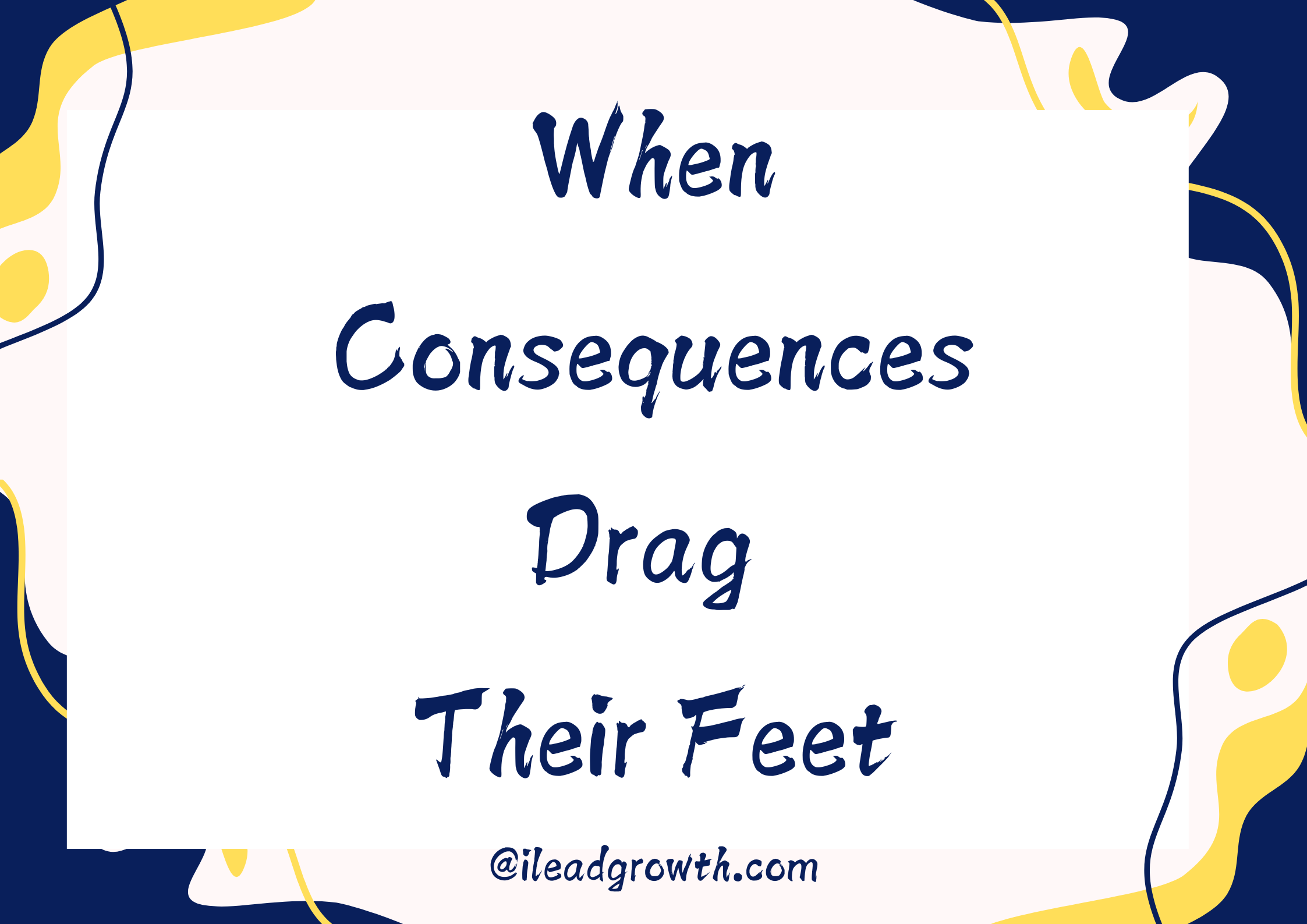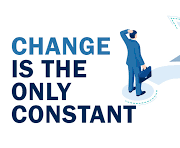Choices have consequences. Only most are as slow as slugs.
It is universally known and accepted that choices do have consequences. That whatever decision you make has an equal result meted out in response to the laws of return, the law of reward.
If I closed my eyes while driving on the highway, I’d “get what’s coming to me” right? Right.
What if I take no food or water for about 50 days straight? ‘Shakahola’ would be a close relative to what I would experience, it is a given.
Let us try another: say I decided to eat fatty foods only for my entire life – you can guess how quick a 3-year-old would be compared to me in a few years, let alone the streak of diseases and conditions that will be lining up at my doorstep garnering for my attention.
All choices, however mundane or light have their effects.
The differences between consequences
Consequences differ in more than one way. This statement is self-explanatory. How can they be similar if the choices are for different reasons, circumstances, and situations? That is so until you hear what I have to say.
I mean choices are different in terms of their timing. Every choice has its aftermath, but the timing of the aftermaths are not similar.
Some choices invoke immediate results while others forego immediate effects until later on. Ignoring your wife’s need for affection today will not cause trouble in your marriage tonight. She might not even notice it on day one. On the other hand, a decision to touch a live wire or socket with my bare hands will have an equally immediate if not automatic, and ‘kind‘ reply.
The two examples are choices made in the moment but their effects have different delay times. This space or delay is what I like to call a “Time Bet” or a “Delay Bet.”
It is the elapsed time between decision-making and the experience of the consequences.
Compromise on decisions depends on the delay bet.
We make choices daily. We are well aware that each choice we make will bring with it a result. Yet, we sometimes make choices knowing full well that the results are not suitable. We still take the risk.
Waiting, by the simple utterance of the word itself sends excruciating mental weariness. Yet, the best of things have come by it.
One of the reasons this adamant behavior continues is our ‘approximated time-bet’. At the moment of deciding, we already have a rough idea about what the results of our choices will be. This knowledge of the results could have been learned from our previous engagement (experience) or information available when deciding (what we call informed decision-making). Unless of course for babies and children who have no idea what they are doing as long as they try out whatever excites them.
In such a case, leaning toward making a bad decision is determined by this delay bet. If the consequences are undesirable and immediate we’ll avoid the choice as much as we can. However, when the effects of the decisions are undesirable but prolonged, the chances of us making the wrong decisions are almost assured.
We make these comparisons subconsciously every day. Each time we are riddled with decisions to make, especially those that involve pleasure.
Understandably, choosing pleasure and receiving immediate unsuitable consequences won’t make sense to the mind because it would be short-lived. However, if the pleasure is immediate with a delayed or deferred ugly result, we’ll compromise and take up the risk by choosing pleasure. Mind you, we do it so often that we pile up several unwanted consequences for the future.
Pleasure today beats suffering tomorrow – is a fool’s motto.
Proverbs 13:12
Hope deferred makes the heart sick
This is a proverb that means waiting for something one wants can cause distress. We naturally detest waiting. Temporary pleasure at the door is more appealing than lasting success in the future until the future becomes the present. Then, this statement is no longer true.
The full verse contrasts the pain of deferred hope with the joy of fulfilled longing, compared to a tree of life.
This is why the idea of living a holy life in the present in the hope of future glory from God isn’t as exciting. It is the same reason avoiding sex before marriage is as frustrating as waiting for your passport to be processed in Kenya (my personal experience). We don’t want it.
Do not wonder anymore why we’d rather go for ‘Lipa Mdogo Mdogo’ (Kenyan for higher-purchase) items that will cost us triple the price in the end rather than save for a few months to get it at a third of the higher-purchase price. We choose to get it now. Waiting, by the simple utterance of the word itself sends excruciating mental weariness. Yet, the best of things have come by it.
This has been the bane of many people getting into debt, love triangles, repossessed items, and cars, business closures from messes caused by exciting loans, personal growth stagnation, academic failure, physical health problems, and social incompetence.
Temporary pleasure at the door is more appealing than lasting success in the future until the future becomes the present. Then, this statement is no longer true.
The answer we need but don’t want
Delaying gratification: is the ability to resist the temptation of an immediate reward in favor of a more valuable and long-lasting reward later. It involves forgoing a smaller, immediate pleasure to achieve a larger or more enduring benefit in the future.
Easier said than done.
Harnessing this power gives you an edge against rushed and excited decision-making. It insulates the wielder from forfeiting permanent gain under the ruse of temporary pleasure.
Because of deferred gratification, a family can avoid taking a loan for holidays.
Foresight and Hindsight: Foresight is the ability to predict what will happen or be needed in the future while hindsight is the understanding of a situation or event only after it has happened.
Normally, we understand through hindsight long after the decision was made and usually when their consequences have already claimed their pound of flesh. That is when we say “I wish I would have…”
For this reason, we need to develop foresight through which we can estimate the results, and use that result as hindsight to gain insight into the current need. It is in hindsight that most of us are awakened to the power and effect of our choices.
There is a time bet to the decisions you make today. Consider making changes.
From the author: What are you doing about your personal growth?
Join us @ileadgrowth.com


